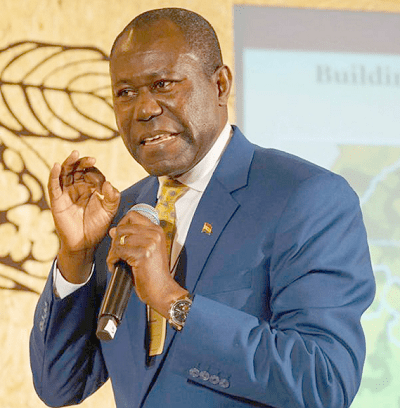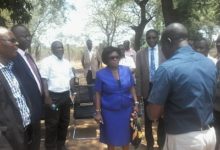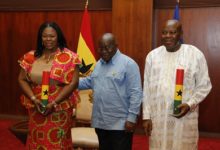
The Ghana Cocoa, Coffee and Sheanut farmers Association (COCOSHE) has expressed worry over undue delay in the supply of solar torch lights and mosquito nets for the benefit of Ghanaian farmers.
The association however, appealed to the Ghana Cocoa Board (COCOBOD) to supply the association with solar torch lights and mosquito nets to help improve their farming activities.
The President of COCOSHE, Alhaji Alhassan Bukari, who said this at a press conference held in Accra, described the situation as a heavy toll on the operations of the farmers.
In December 8, 2022, the association he said made a request to the Chief Executive of COCOBOD about the delay and followed up with representatives on the Ghana Cocoa Board at various board meetings.
According to him, the association again made a request for the items in 2019, but it has since been delayed.
“We want to remind COCOBOD that when the association (COCOSHE) paid a courtesy call President Nana Addo Dankwa Akufo-Addo on the May 10, 2019, a plea was made to him to ask COCOBOD to take steps to acquire the solar touch lights and mosquito nets for the safety of the entire Cocoa Coffee and Sheanut farmers but that has not been done.”
He said the solar torch lights and mosquito nets were important to farmers in remote communities.
“As farmers we need the items urgently. Sheanut pickers use the torch lights to go into the bush at dawn to pick sheanut with ease as it brightens under the shea trees for sheanut collection and also to avoid snake bits, and also farmers sleep under the net to prevent malaria,” he explained.
Alhaji Bukari said the supply of the items to farmers in the past have impacted positively on the health, welfare, and safety of farmers, adding that the items have served as an incentive for increased production.
Alhaji Bukari said with the solar touch, there was no need to buy batteries but as farmers use the sun to power it.
“Most of these farmers do not have money to buy new batteries so with the solar, they just charge it under the sun free of charge,”
BY AGNES OPOKU SARPONG







